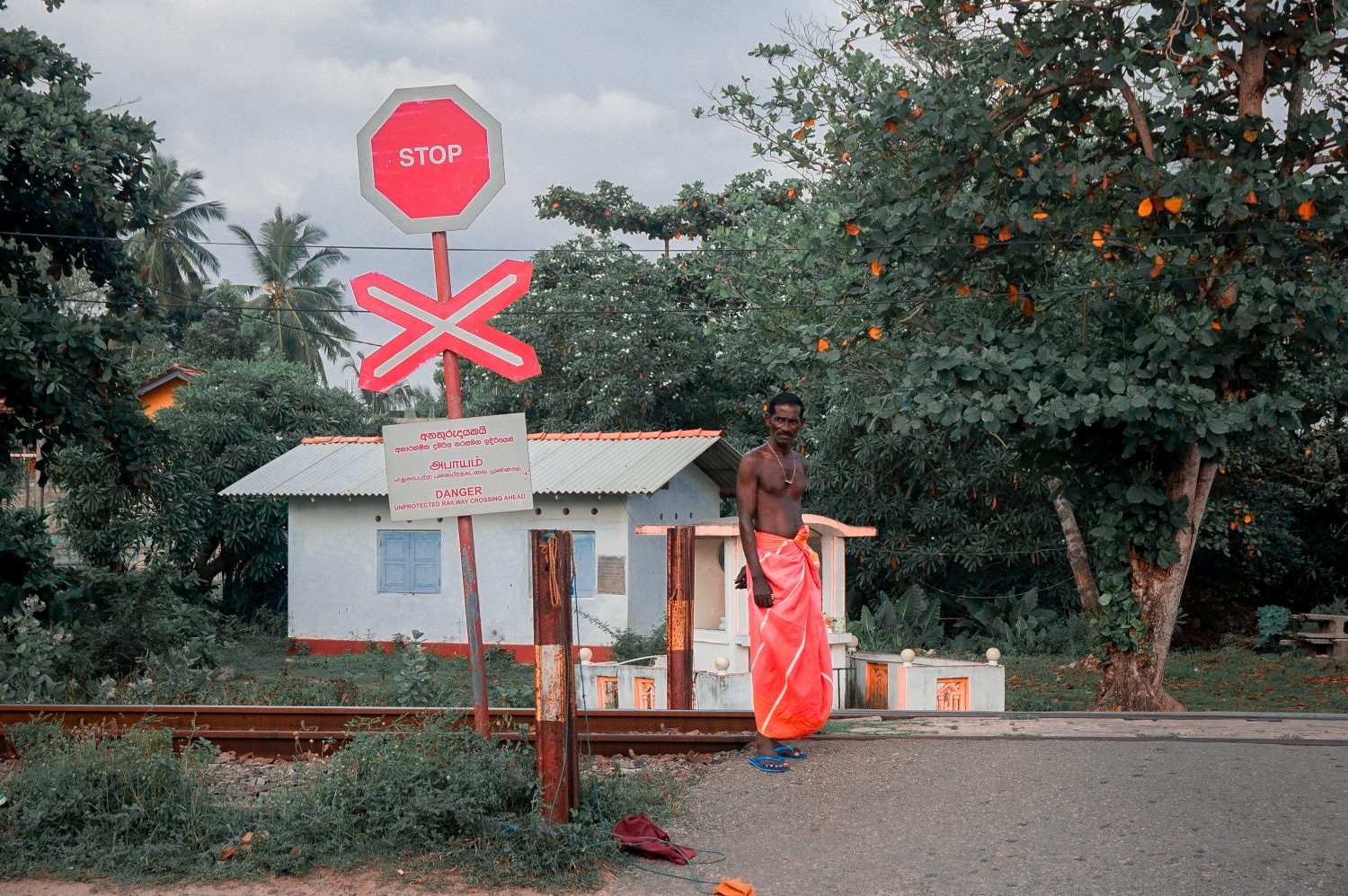Greetings, Agents of Impact!
Featured: ImpactAlpha Original
In an institutional shift, Grupo Bimbo anchors an impact fund of funds in Latin America. It took seven years of effort, but Grupo Bimbo, the global bakery giant, is making its first impact investment. Mexico City-based Bimbo, which drives about $15 billion in annual sales with brands such as Sara Lee, Oroweat and Entenmann’s, is the anchor investor in the Latin America Impact Fund, a fund of funds managed by Sonen Capital along with Fondo de Fondos, a Mexican private-equity manager. “Impact will and should be relevant in the minds of portfolio managers and institutional investors globally. It must,” Tania Dib, Bimbo’s corporate treasurer, told ImpactAlpha. “We hope that we can make the impact ecosystem stronger and much more known by helping make the LatAm Impact Fund a success.” Bimbo has committed about $10 million from its employee pension fund to the “LatAm Impact Fund,” which is seeking to raise between $75 million and $150 million.
Dib said Bimbo’s corporate commitment to sustainability made impact investing a natural extension, as does the the match between long-term investments and long-term pension liabilities. Still, it was a long process to get agreement to deploy pension fund assets in an impact fund. Because “this type of investment is still not well developed and is new to the environment, it is difficult to bring it to the table,” she said in an email exchange. Investing in more traditional assets or portfolios are considered to be less risky and more familiar. “I think this is a paradigm that we need to break. It took us seven years.”
Keep reading, “In an institutional shift, Grupo Bimbo anchors an impact fund of funds in Latin America,” by David Bank in ImpactAlpha.
Dealflow: Follow the Money
Kresge seeds two Opportunity Zone funds, with impact strings attached. The U.S. tax bill that established Opportunity Zones included no requirements that “opportunity fund” investments demonstrate positive social and economic impact. The impact investing community is trying to ensure that they do. The Kresge Foundation is anchoring two Opportunity Zone funds on the condition that the fund managers measure and track their impact. Boston-based Arctaris Impact and Fort Lauderdale-based Community Capital Management are looking to raise a combined $800 million. In return for Kresge’s $22 million in first-loss capital, Arctaris and CCM signed covenants agreeing to prioritize affordable housing development, avoid resident displacement, support living-wage jobs, establish community advisory boards, and prohibit non-productive investments. Kresge hopes the deal becomes a “model for other investors [for] how solid deals can be constructed to meet the needs of investors and communities alike.” Keep track.
Indian online agriculture marketplace DeHaat raises $4 million. DeHaat serves 5,000 small farmers in Bihar, Uttar Pradesh and Odisha via an online market that connects them with farming inputs, extension services, buyers and financial services needed to grow their businesses. The company’s pre-Series A round was led by impact investor Omnivore and online agriculture venture capital investor AgFunder. The transaction is the third agtech deal in India in a week. Omnivore earlier backed farming robotics company TartanSense. Here’s more.
Signals: Ahead of the Curve
Gender-balanced investment firms outperform firms that are mostly male – and mostly female. Too few women in investment decision-making hurts private-equity and venture-capital returns, according to the International Finance Corp. But so, too, does too few men. Venture capital firms with between 30% and 70% women outperform both mostly male and mostly female firms, the IFC reports in “Moving Toward Gender Balance in Private Equity and Venture Capital.” Gender-balanced firms achieve internal rates of return 1.7 percentage points higher on average. For emerging markets funds that generate average returns of 8%, that amounts to a 20% increase in yield for investors.
Of course, too many women is a problem few investment firms face. Women occupy only 10% of senior positions in global private equity and venture capital firms. Only 15% of senior investment teams are gender-balanced; nearly 70% are all-male. Areas for improvement:
- Recruitment. Less than half of investment firms are succeeding in bringing in and promoting more women. “Retention of junior female employees is essential for future progress in closing the gender gap within the leadership.” Most firms report they lean heavily on networks, referrals and “cultural fit.” In male-dominated firms, that can stifle diversity.
- Due diligence. Nearly two-thirds of limited-partner investors say gender diversity important to them when investing, but only one-quarter ask about it during their due diligence processes. General partners say limited partners rarely ask them about diversity.
- Portfolio selection. The median gender-balanced portfolio companies generated a 64% increase in valuation between funding rounds, about 10 percentage points higher than gender-imbalanced companies. Women-led enterprises attracted less than 3% of global venture capital in 2017.
- Share this post
Agents of Impact: Follow the Talent
Asset management firm Aviva Investors appoints Paul LaCoursiere as global head of ESG research… State Street partners with Harvard Business School’s George Serafeim to bolster research on ESG (environmental, social and governance) investing research… The Global Steering Group for Impact Investment is seeking directors of philanthropy and investment and engagement and communications, both in London… Humanity United seeks a strategy, learning and impact manager in San Francisco… Ampion Ventures, a new venture fund to support African digital startups, is soliciting applications for funding.
— March 19, 2019.











